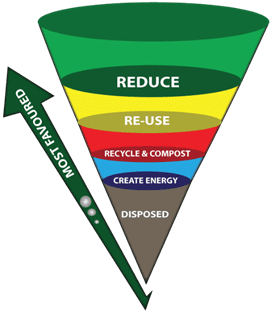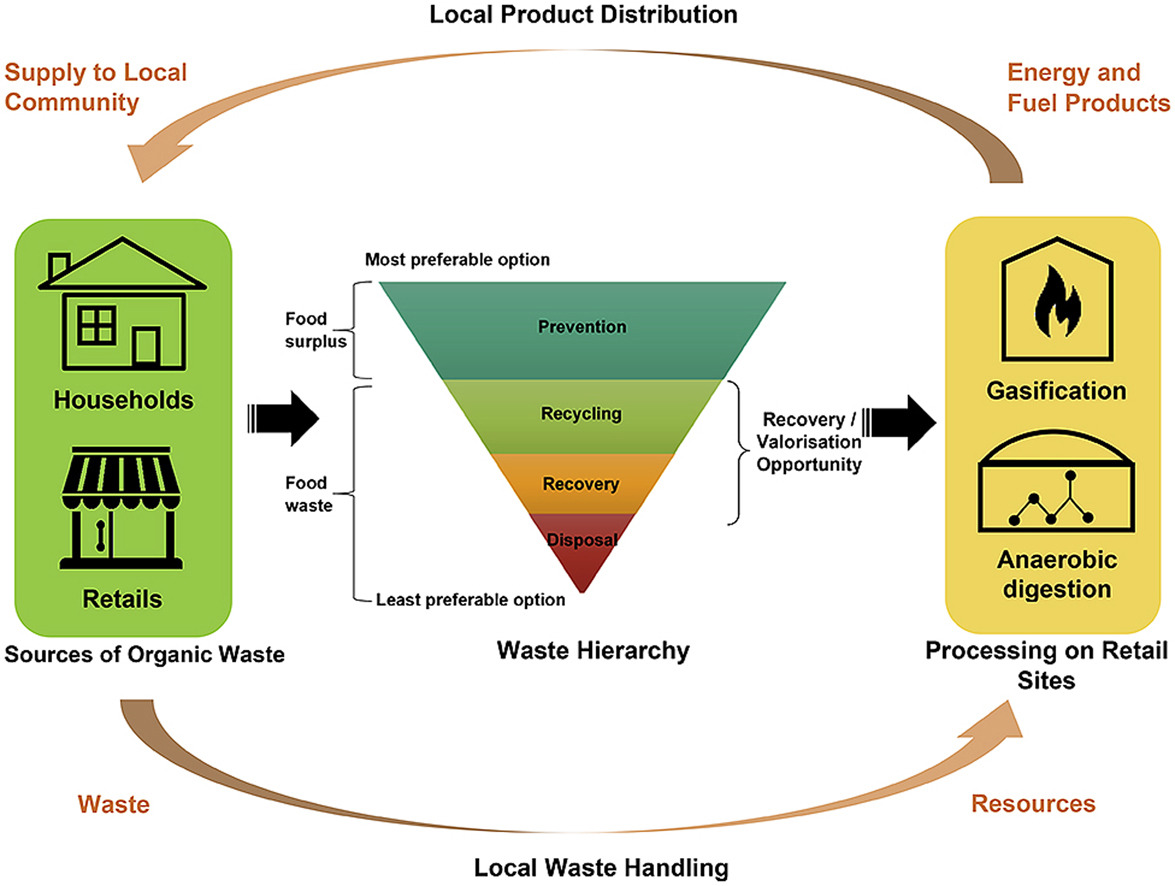Waste management laws govern the transport, treatment, storage, and disposal of all manner of waste, including municipal solid waste, hazardous waste, and nuclear waste, among many other types. Waste laws are generally designed to minimize or eliminate the uncontrolled dispersal of waste materials into the environment in a manner that may cause ecological or biological harm, and include laws designed to reduce the generation of waste and promote or mandate waste recycling. Regulatory efforts include identifying and categorizing waste types and mandating transport, treatment, storage, and disposal practices.
Click here to view an explanation about how you can help save the environment by engaging in waste management best practices and advocacy.
Waste Management Activity
“Waste management activity" means any activity listed in Schedule 1 or published by notice in the Gazette under section 19, and includes:
- the importation and exportation of waste;
- the generation of waste, including the undertaking of any activity or process that is likely to result in the generation of waste:
- the accumulation and storage of waste;
- the collection and handling of waste;
- the reduction, re-use, recycling and recovery of waste;
- the trading in waste;
- the transportation of waste;
- the transfer of waste;
(i) the treatment of waste; and
- the disposal of waste;
General Duty In Respect of Waste Management

Click on the link/s below to open the resources.
Waste Handling

16. (1) A holder of waste must, within the holder's power, take all reasonable measures to—
(a) avoid the generation of waste and where such generation cannot be avoided, to minimise the toxicity and amounts of waste that are generated;
(b) reduce, re-use, recycle and recover waste;
(c) where waste must be disposed of, ensure that the waste is treated and disposed of in an environmentally sound manner;
(d) manage the waste in such a manner that it does not endanger the health or the environment or cause a nuisance through the noise, odour or visual impacts;
(e) prevent any employee or any person under his or her supervision from contravening this Act, and prevent the waste from being used for any unauthorised purpose.
(2) Any person who sells a product that may be used by the public and that is likely to result in the generation of hazardous waste must take reasonable steps to inform the public of the impact of that waste on health and the environment.
(3) The measures contemplated in this section may include measures to—
(a) investigate, assess and evaluate the impact of the waste in question on a health or the environment;
(b) cease, modify or control any act or process causing the pollution, environmental degradation or harm to health;
(c) comply with any norm or standard or prescribed management practice;
(d) eliminate any source of pollution or environmental degradation; and
(e) remedy the effects of the pollution or environmental degradation.
(4) The Minister or MEC may issue regulations to provide guidance on how to discharge this duty or identify specific requirements that must be given effect to, after following a consultative process in accordance with sections 72 and 73.
(5) Subsection (4) need not be complied with if the regulation is amended in a non-substantive manner.
Reduction, Re-use, Recycling and Recovery of Waste
17. (1) Unless otherwise provided for in this Act, any person who undertakes an activity involving the reduction, re-use, recycling or recovery of waste must, before undertaking that activity, ensure that the reduction, re-use, recycling or recovery of the waste—
(a) uses less natural resources than disposal of such waste: and
(b) to the extent that it is possible, is less harmful to the environment than the disposal of such waste.
(2) The Minister may after consultation with the Minister of Trade and Industry and by notice in the Gazette, require any person or category of persons to—
(a) provide for the reduction, re-use, recycling and recovery of products or components of a product manufactured or imported by that person; or
(b) include a determined percentage of recycled material in a product that is produced, imported or manufactured by that person or category of persons.
(3) (a) Before publishing a notice in terms of subsection (2) or any amendment to the notice, the Minister must follow a consultative process in accordance with sections 72 and 73.
Click here to view an explanation reduce, reuse and recycle, to enjoy a better life...